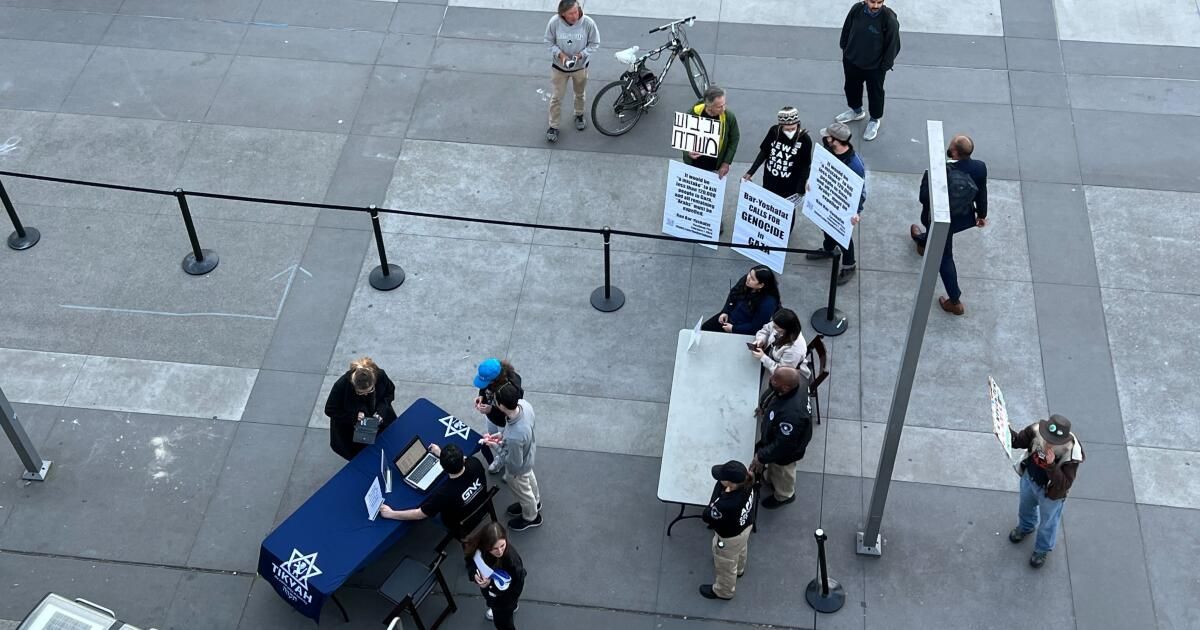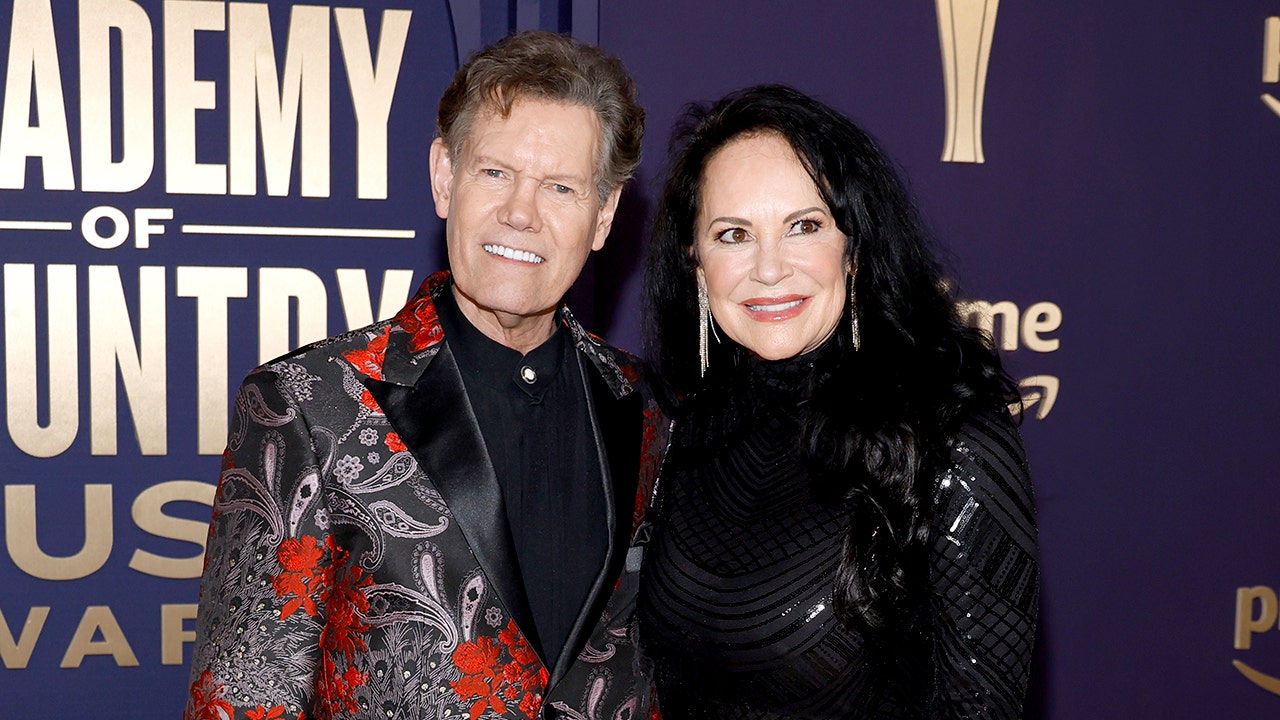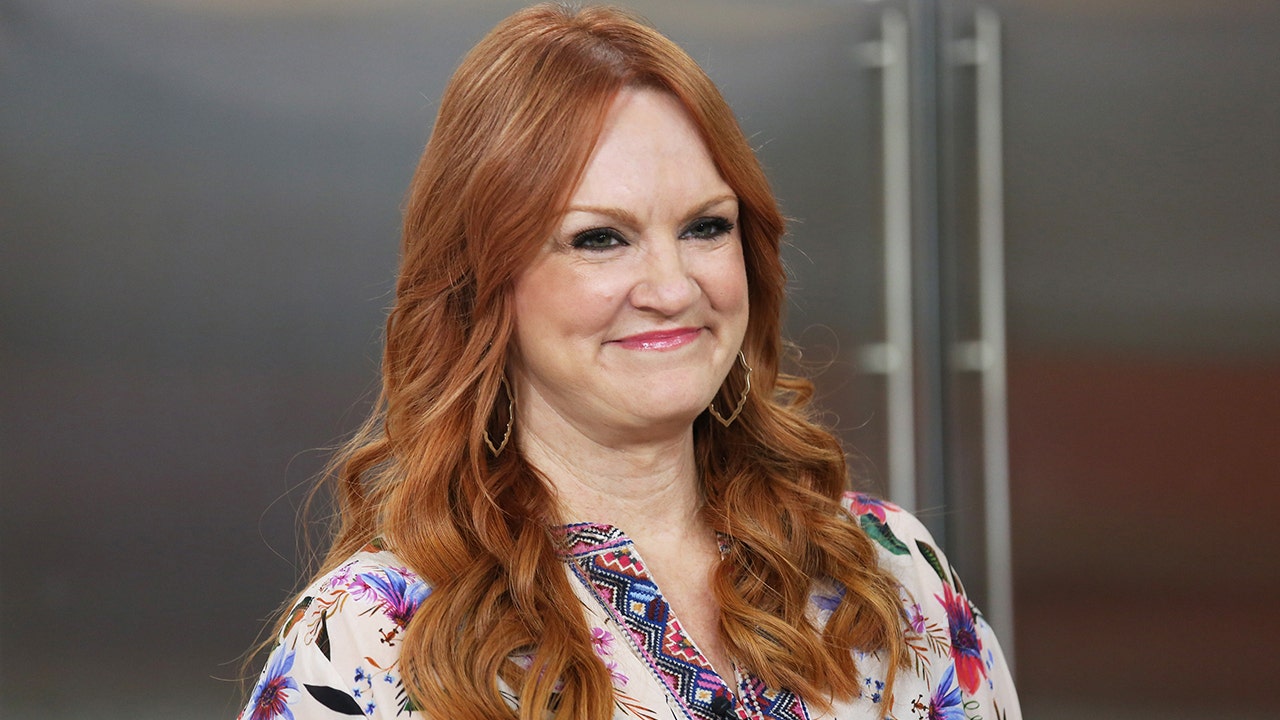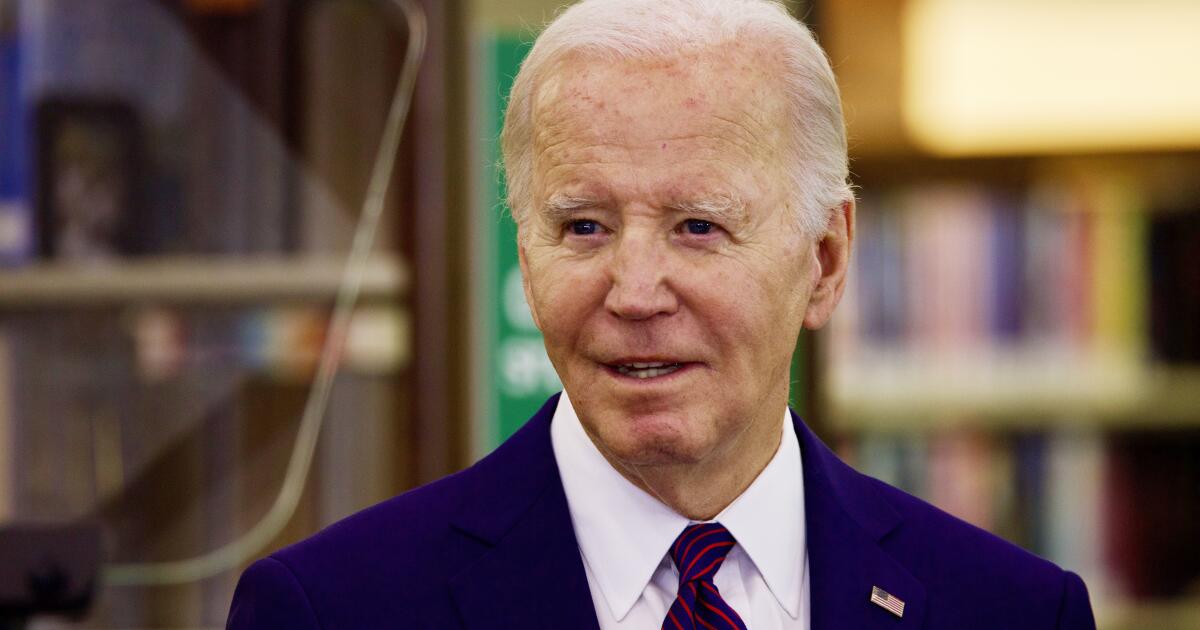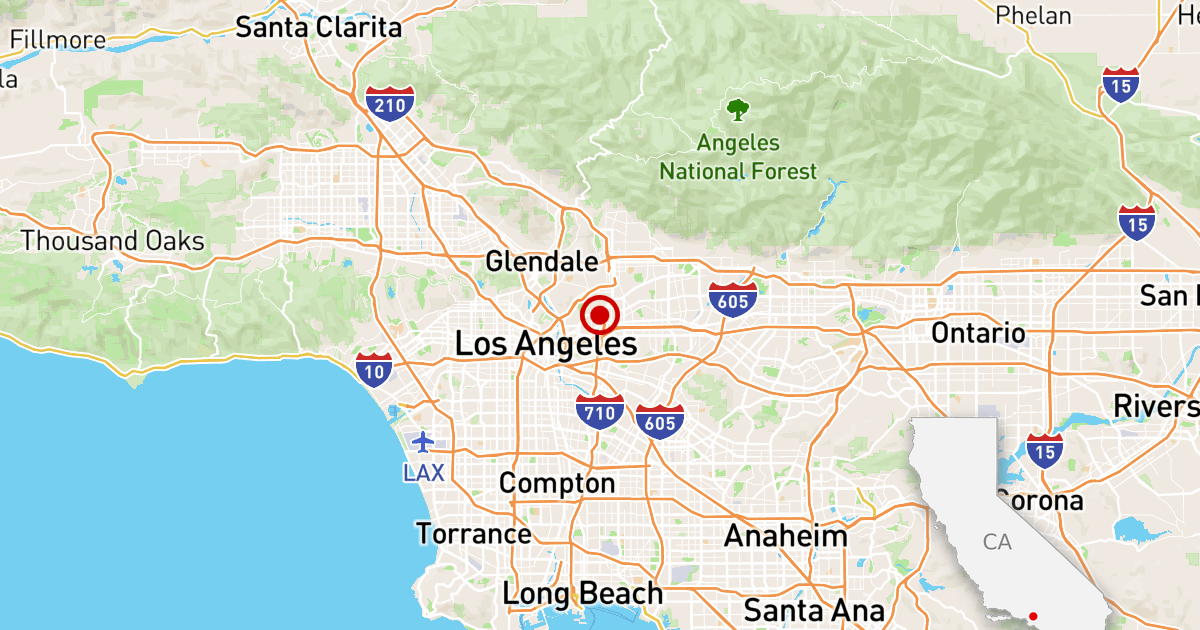Three weeks after violence broke out at a private event organized by Jewish student groups at UC Berkeley and protested by pro-Palestinian protesters, the speech took place on Monday and went off without a hitch.
Monday's event was dramatically different from the one initially scheduled by several Jewish student groups for Feb. 26, when campus police evacuated the Zellerbach Playhouse after about 200 protesters forced their way into the building.
UC Berkeley increased the police presence and hired private security for the event, held in the campus's Pauley Ballroom, and closed the building to anyone who had not registered. Faculty and staff members holding yellow and blue “observer” signs roamed outside and around the building, along with others designated as peace ambassadors.
Jewish student groups, including Tikvah, Bears for Israel and Students Supporting Israel, among others that describe themselves as Zionist organizations, rescheduled the event for Monday, saying it was imperative for freedom of expression. The featured speaker was controversial Israeli military reservist and lawyer Ran Bar-Yoshafat. About 150 people attended.
After initially condemning the Feb. 26 incident as a violation of the university's “most fundamental values” and its commitment to free speech, Chancellor Carol Christ and Provost Benjamin E. Hermalin announced a criminal investigation into the violence. . Christ and Hermalin said campus police and the university's anti-harassment office were investigating reports of “overtly anti-Semitic speech” and allegations of physical assault as hate crimes.
Federal authorities have also launched their own investigation into allegations of discrimination at UC Berkeley since the start of the war between Israel and Hamas.
In a social media statement on February 28, Bears for Palestine criticized the university and Jewish student groups for giving a platform to speakers like Bar-Yoshafat, and said Palestinian, Arab and other students also faced harassment and constant threats.
“Our Palestinian community has been in a state of constant and insurmountable pain for the past 144 days, as the occupation continues to ravage the Gaza Strip in its genocidal military campaign,” the group wrote.
Unlike the February event, only a handful of protesters showed up with signs protesting Bar-Yoshafat and denouncing the war in Gaza as genocide. A protester managed to enter the event and interrupted Bar-Yoshafat about 30 minutes after her speech.
“Shame on everyone,” the protester shouted before she was escorted out.
Sophomore Sharon Knafelman, vice president of Bears for Israel and board member of Students Supporting Israel, attributed the speech, which otherwise passed without incident, to the university stepping up enforcement.
“I think they learned from their mistakes,” Knafelman said, adding that it is up to UC Berkeley to set “the tone for the rest of the United States on free speech, that we respect and allow everyone to come and share their views.” “. of view as long as it is done in a peaceful and civilized manner.”

